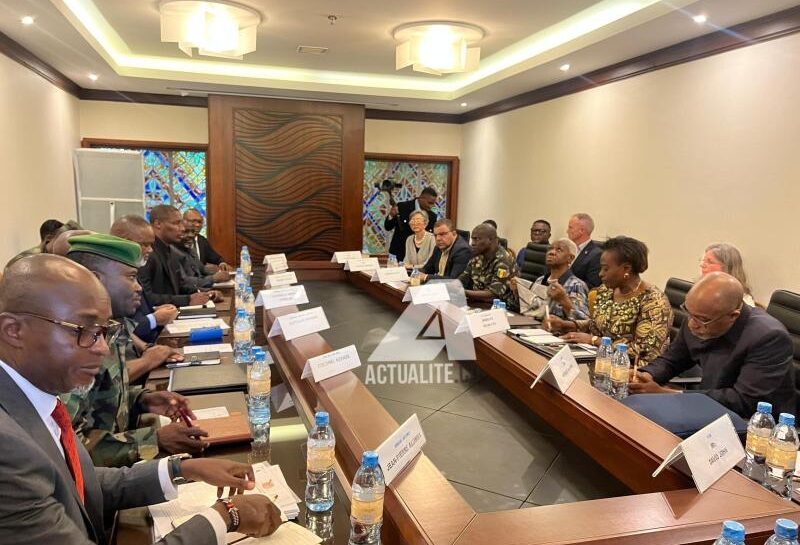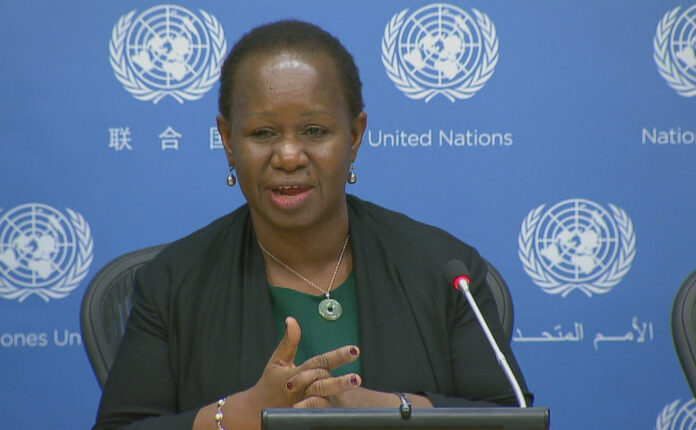In a significant diplomatic development, the Special Representative of the United Nations Secretary-General and Head of MONUSCO, Ms. Bintou Keita, met with senior leadership of the AFC/M23 on Friday, as part of continuing efforts to reduce tensions and explore pathways toward sustainable peace in eastern Congo.
Note: Company, Blog, Church websites are free.
The meeting, held in Goma, comes at a pivotal moment for the region, just days before Ms. Keita is expected to deliver a critical briefing to the United Nations Security Council in New York.
“I came to Goma with a spirit of listening and dialogue,”Keita said following the meeting. “This visit comes at a critical moment, in a context of persistent tensions.”
The dialogue forms part of what MONUSCO officials describe as a broader framework of engagement, aiming to de-escalate conflict and facilitate peaceful resolution among key stakeholders. According to MONUSCO, the meeting was constructive, and AFC/M23 leaders reiterated their readiness to participate in non-military solutions to the current crisis.
The discussions build on prior cooperation between MONUSCO, the Congolese government, and the AFC/M23. In a recent coordinated operation facilitated by the International Committee of the Red Cross (ICRC), 1,359 members of the Congolese Armed Forces (FARDC) and National Police (PNC) were transferred from Goma to Kinshasa, a move that contributed to diffusing immediate frontline tensions.
“MONUSCO remains committed to supporting all initiatives likely to promote a de-escalation of tensions,” Keita said. “The leaders of AFC/M23 expressed their willingness to find a peaceful solution to the crisis.”
This willingness marks a shift in tone from previous years, during which AFC/M23 had been largely excluded from formal political processes, despite their stated grievances related to governance, minority rights, and regional security.
The AFC/M23 has repeatedly called for inclusive dialogue and international mediation, arguing that the conflict in eastern Congo cannot be resolved solely through military pressure. While the group remains a controversial actor within the national discourse, the latest engagement with MONUSCO may indicate a softening of diplomatic postures, both regionally and internationally.
Observers say the meeting could serve as an entry point for formal negotiations, particularly if endorsed by broader multilateral stakeholders following Ms. Keita’s Security Council briefing.
For MONUSCO, the encounter reinforces its evolving role not only as a peacekeeping mission but as a neutral facilitator of dialogue in one of the continent’s most complex conflict environments.
The conflict in North Kivu and the surrounding provinces continues to draw attention from humanitarian actors, regional blocs, and foreign governments. Humanitarian access remains constrained, and the risk of broader escalation is ever-present.
However, this week’s engagement between MONUSCO and AFC/M23 injects a degree of cautious optimism into the regional dynamic. Should dialogue efforts continue and gain international support, a more politically inclusive peace process may begin to take shape.



